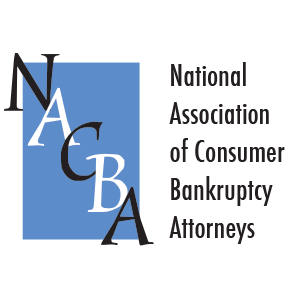There is a bit of strategy involved in whether you should file a Chapter 7 or a Chapter 13 in a case like this, so it is important that you hire an experienced bankruptcy lawyer to assess how your case should be handled and what you can expect to accomplish in your bankruptcy case. The discussion with your bankruptcy attorney will be a big factor in your decision as to which Chapter or type of bankruptcy case is in your best interest under your particular circumstances.
Since there are so many factors that have to be considered, it would be best for you to consult with an experienced bankruptcy attorney. My 30+ years of legal experience and my 25+ years involved in consumer bankruptcy cases – many involving personal injury cases – can give you confidence in our recommendations regarding the intersection of your personal injury case and your bankruptcy case.
If you are interested in learning more about how we can help with your bankruptcy matter if you have a pending personal injury claim, give our office a call at 732-302-9600 or fill out our online consultation form and we will call you!







